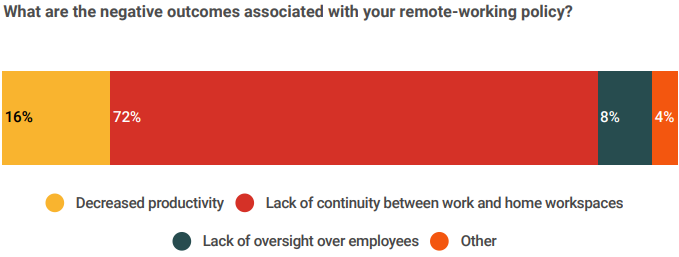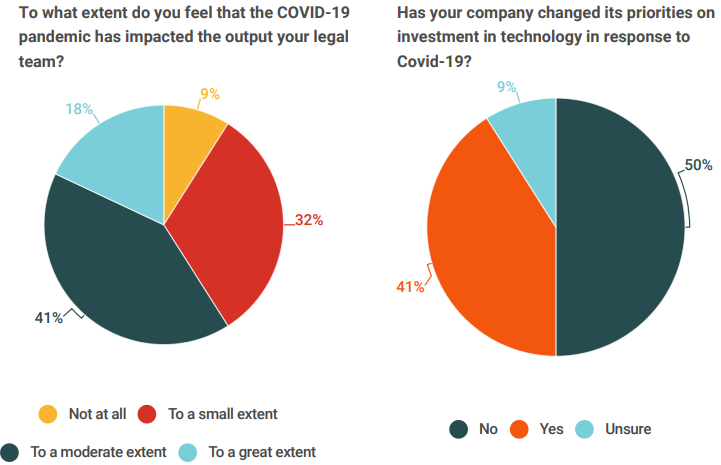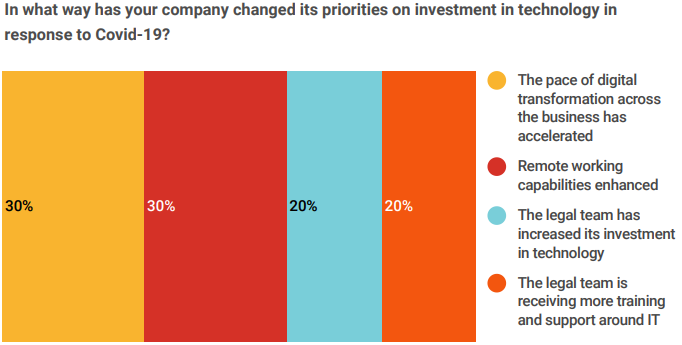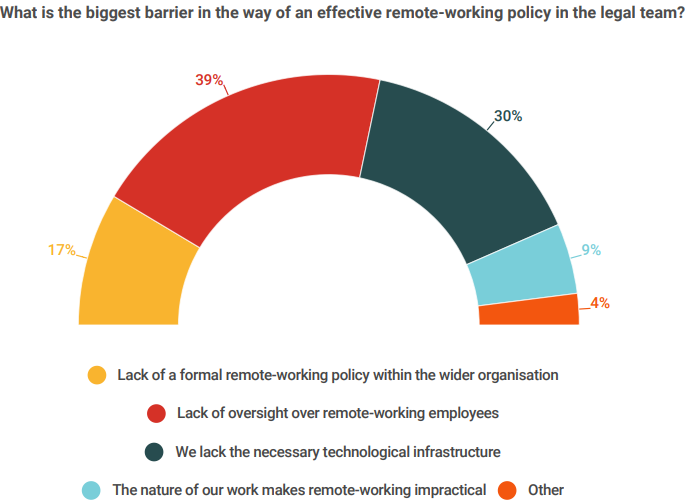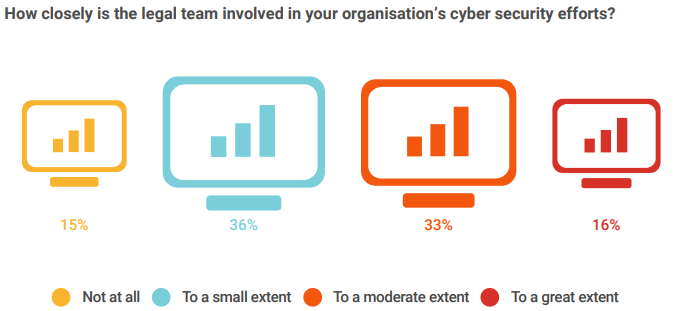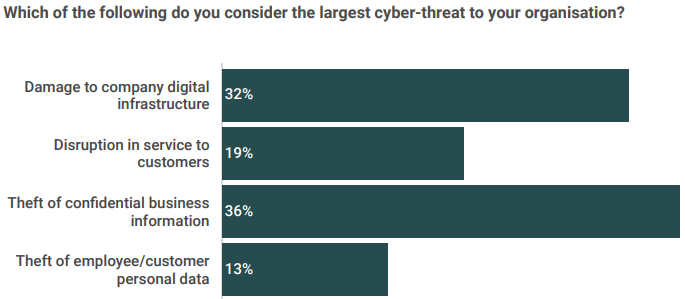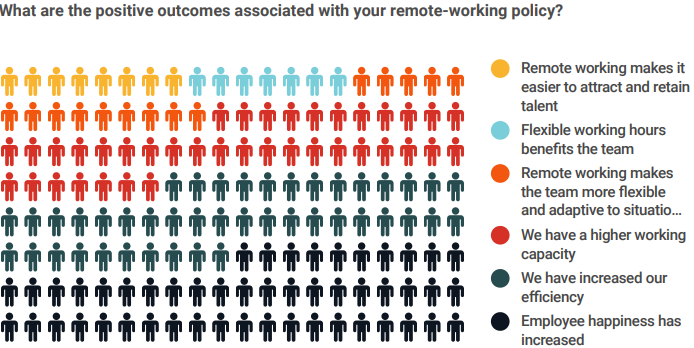
Summary
When it comes to what has been learned since March 2020, survey results showed for many legal teams, the pandemic was an unexpected experiment in working remotely. While over half of legal teams (59%) had a prescribed remote-working policy in place before the pandemic hit, and almost all (95%) felt such a policy was necessary, this was scant preparation for having the entire team work remotely for weeks at a time.
What have we learned since March 2020? For Amar Sundram, head of legal at RBS in India, it is that talk of lawyers being an uncreative species was greatly exaggerated.
'We are now seven months into the pandemic and the main myths about lawyers have been broken. The myths that we are not adaptive, that we do not take risks, that we are averse to technology - they have all disappeared. Lawyers have found that, when faced with necessity, they can take to new tasks as well as any other professional group.'
Our survey of over 100 of the leading counsel across the Asia Pacific region showed that less than a fifth of legal teams (18%) felt their output was significantly affected by the pandemic, though the bulk of respondents (73%) had experienced some level of disruption.
For many legal teams, the pandemic was an unexpected experiment in working remotely. While over half of legal teams (59%) had a prescribed remote-working policy in place before the pandemic hit, and almost all (95%) felt such a policy was necessary, this was scant preparation for having the entire team work remotely for weeks at a time.
Marcus Clayton, general counsel and company secretary at leading Australian integrated construction materials producer Adelaide Brighton Cement (Adbri), reflects on the early days of lockdown:
'With a very lean team to start with, working from home through Covid-19 and splitting the legal team into Team A and Team B made it much harder to produce the expected outcomes, [particularly as] demands increased. We were all to work longer and harder in difficult circumstances to achieve a lesser product than before.'
Many survey respondents pointed to a similar problem, noting that in the early days of lockdown they had been expected to meet more challenges with fewer resources. As one respondent, a legal director working at a large industrials company in Singapore, commented:
'While demand for regular commercial advice has tailed off somewhat, we have had to contend with an increased number of requests for regulatory advice. At the same time, there has been a huge increase in the number of online meetings, with some of these taking up the entire day. Managing this challenge of growing demand under such unusual circumstances has been particularly difficult.'
Others pointed to the lack of connectivity in the legal team, and the difficulty of 'discussion, deliberation and evaluation of the finer points of a matter' while working remotely. Some felt that the organisational support for remote working was still lacking, with one Hong Kong-based general counsel at a consumer electronics company commenting:
A documented remote working policy has worked well for us. However, it will only work if home infrastructure allows employees to work remotely. It is more than simply providing a laptop. This has not been a problem with the lawyers in the legal team but has been a problem with support staff.'
The A and B Team
While talk among GCs has turned from "business resilience" to "business resurgence", few expect their return to normal to be synonymous with a return to the office. Staff may be returning on a team by team rotation, but a growing number of companies have started to think about how they can operate a remote working policy as their default setting.
To do this successfully they will have to deal with the issue of cyber security. As Pulin Kumar, senior legal and compliance director at adidas India, notes:
'In today's environment a lot of things are system driven, and once you have a system driven environment then everything has to be connected. It is almost a given that for remote working to succeed information must be highly accessible. The data will flow to far more places and people, so the security checks in place need to be robust. This is a matter for IT teams, but it is also a matter for legal and compliance teams. Employees' understanding of compliance has to be updated to account for the mass shift we are seeing toward working from home.'
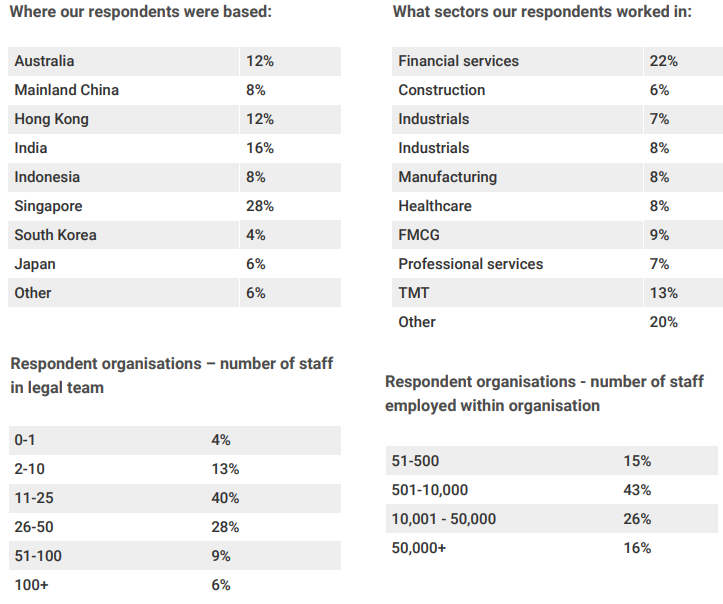
Respondents to our survey echoed this, pointing out that remote working had exposed their companies to enhanced cyber security risks. Over a third (36%) felt the biggest risk came from loss or theft of confidential business information. As one GC commented, 'Sensitive data and applications are now being accessed through non-secure networks. Businesses need to give this some more thought, and will likely have to invest more time, effort and money to strengthen their IT infrastructure.'
Of course, when it comes to new ways of working, not all legal work is created equal. Work involving insurance claims relating to physical infrastructure, anti-bribery and fraud investigations, or due diligence in the context of an M&A where virtual data rooms are required are all exponentially more difficult to do remotely. As Nancy Wei, associate legal director of Skechers China comments: 'Remote working is really helpful non-litigation scenarios. For litigation issues, I tend to choose face to face meeting to discuss the facts of the case and collection of evidence.'
A pandemic in numbers
But perhaps we should not dwell on the negatives. One of the most surprising things about the lockdown has been the ability of many businesses to function as normal. Likewise, legal teams have managed to weather the storm successfully. Nearly a third (27%) of respondents to our survey felt their efficiency had improved, while a similar number (24%) said their output had in fact increased. Being on call 24 hours a day does have some advantages….
Another positive has been the invigorating effect remote working has had on legal teams. As Amba Prasad, vice president and head of legal services at Indian construction and engineering conglomerate Larsen & Toubro comments:
'Covid-19 has shown that the remote working can be efficient despite the challenges of management and the interplay of work related to teams based in different locations. Scaling up our technological infrastructure in a timely manner aided this transition.'
Aside from helping the legal team find new ways to operate efficiently, he continues, the pandemic has had other benefits. 'It has brought the team together in a manner that was never before seen. Caring and sharing between team members has really become an embedded practice.'
This much is clear from our survey. Fully 31% of those we spoke to said employees within the legal team were happier with their current out of office setup.
While most GCs felt remote work had been a positive thing for the legal team, there are questions of whether the same established structures can endure over the longer term. Bernard Tan, Asia Pacific managing counsel at Agilent Technologies, comments:
'I don't think there is an immediate negative impact to productivity as we have the necessary working culture, processes and technical infrastructure that enable work to continue on a remote basis. The concern is more about long term engagement issues and whether, as a legal team, we are able to continue to exert the necessary influence and engagement with internal clients if we work on a 100% remote basis perpetually.'
The solution to this ongoing question will likely involve increased spending on technological infrastructure and enhanced cyber security protocols, but it will equally depend on the approach taken by lawyers. As Nancy Wei concludes:
'It is going to be a case of legal teams learning new and more flexible ways of doing things. We need to communicate mor efficiently and effectively, especially when facing up to balancing business opportunity and risks. Trust among team members is going to be very important in facing up to this uncertain situation.'
With nearly three quarters (73%) of respondents saying the expect remote working to increase over the coming months, pressure on GCs to find ways of dealing with uncertainty is going to be with us looks set to become the new normal.
